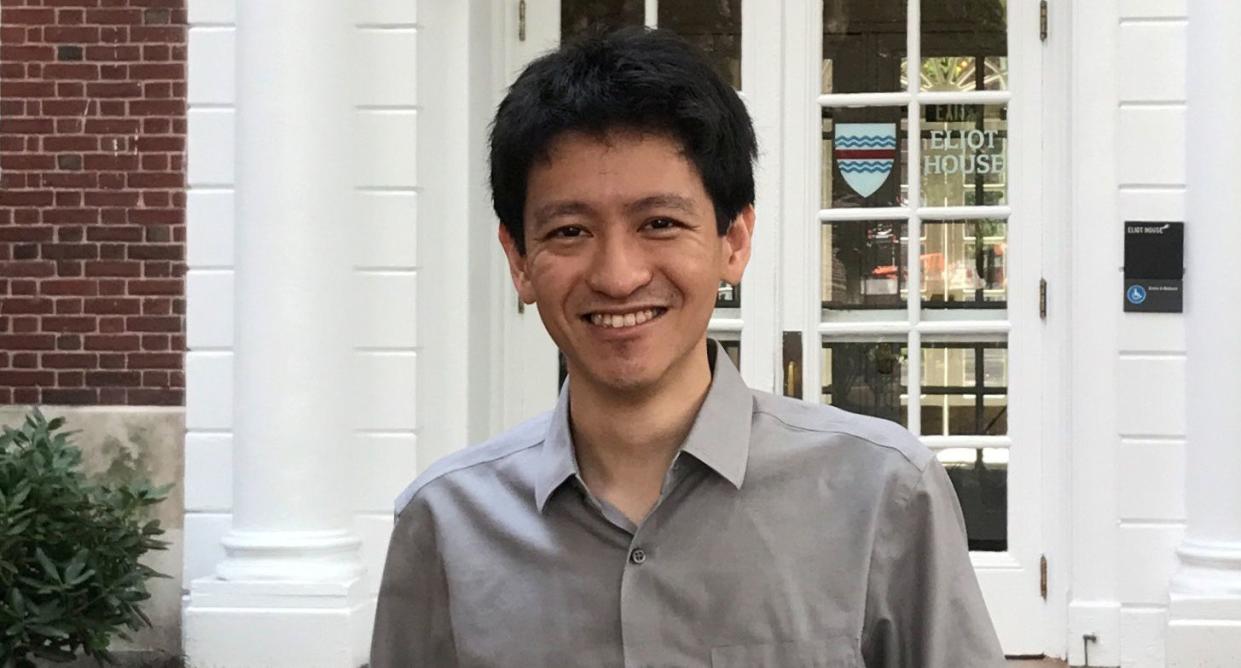Li Shengwu's appeal against serving of court papers in contempt case dismissed

Li Shengwu’s appeal against a High Court decision that allowed the Attorney-General’s Chambers (AGC) to serve papers on him while he was outside of Singapore was dismissed on Monday (1 April) by the Apex Court.
Chief Justice Sundaresh Menon and Judges of Appeal Steven Chong and Tay Yong Kwang upheld the service out of jurisdiction of the papers, which relate to contempt of court proceedings, on Li. It held that the High Court’s subject-matter jurisdiction to hear contempt proceedings is based on its inherent jurisdiction as a superior court.
Meanwhile, its personal jurisdiction over the individual contemnor who is located out of jurisdiction is based on proper service of the committal papers in accordance with the procedures set out in the Rules of Court.
With the appeal dismissed, the AGC can now move forward with contempt of court proceedings against Li, who is the nephew of Prime Minister Lee Hsien Loong. Li’s father Lee Hsien Yang – the brother of PM Lee – and mother Lee Suet Fern have been embroiled in an ongoing dispute over what is to be done over 38 Oxley Road, the home of Singapore’s late prime minister Lee Kuan Yew.
Background to the case
Li, an assistant professor of economics at Harvard University, was served court papers while in the US for alleged contempt of court on 17 October 2017.
The 34-year-old had published a private Facebook post on 15 July 2017 stating that “the Singapore Government is very litigious and has a pliant court system. This constrains what the international media can usually report”.
The A-G wrote to Li on 21 July stating that the post was considered to have been made in contempt of court. Li was then asked to delete the post from his page and other social media accounts and give a written apology.
He was also asked to give an undertaking not to republish the contemptuous material. Both the written apology and undertakings were requested to be published prominently on his Facebook page.
However, Li had not done so by 4 August 2017.
Four days later, the AG notified Li that it had filed a summons due to Li’s failure to comply. The AG said it would discontinue the summons if Li complied with its requests by 21 August, but Li did not do so. He had left Singapore by the time the deadline was reached.
‘This is clearly inadequate’
In an earlier hearing on 18 January, the Chief Justice took the AGC to task for the arguments that it presented against Li, noting that there were now “inherent difficulties” in what has transpired in the case. “Your arguments have abandoned the original arguments of the Attorney-General for proceeding (with this case),” said CJ Menon at the time.
In its grounds of decision on Monday, the Apex Court noted, “There is no question that the AG has significantly departed from his case below… In discharging his responsibility of safeguarding the public interest, the AG should adopt a clear and consistent position as to the foundation of the court’s jurisdiction for contempt cases.”
It added that the AG’s position on appeal has “unwittingly created difficulties of his own doing”. The judges noted, “If contempt is based on the court’s criminal jurisdiction, then it is incumbent on the AG to adduce sufficient evidence to demonstrate that the appellant was in the jurisdiction at the time he committed the offence.”
However, the only basis on which the AG alleges that the appellant was in Singapore is an article published by Reuters. This is clearly inadequate.”
The Apex Court also took issue with the AG now basing its arguments on Section 15 of the Supreme Court of Judicature Act, which defines the criminal jurisdiction of the Singapore High Court, calling it “somewhat suspect”. It has also created “unnecessary confusion and difficulties”.
‘Shameful conduct’ of PM Lee
In a Facebook post on Monday, Li said that he was disappointed with the judgment and noted that it had been “one year and eight months since this surreal mess started”.
He added that “the AG will still need to prove beyond reasonable doubt that my private (Facebook) post somehow scandalised Singapore’s judiciary.”
“As far as I can tell, my uncle, Lee Hsien Loong, seems quite happy with the situation, even though it reminds everyone of his shameful conduct over 38 Oxley Road,” he said.
When asked by Yahoo News Singapore about the next stage in the proceedings, Li’s lawyer, Abraham Vergis, said that he will be exchanging documents with the AGC ahead of Li’s contempt of court hearing.
In a statement on Monday, the AGC noted that the new arguments it had made at the appeal stage were in response to the questions raised by the Court of Appeal.
“Nevertheless, AGC notes the Court’s comments, and will stand guided by them. AGC has always taken a strict view of contempt of court and prosecuted them when they are egregious,” it said.
Related stories:
‘Inherent difficulties’ in AGC’s case against Li Shengwu: Chief Justice
Li Shengwu challenges order that let AGC serve papers on him in the US



